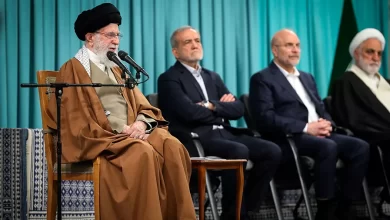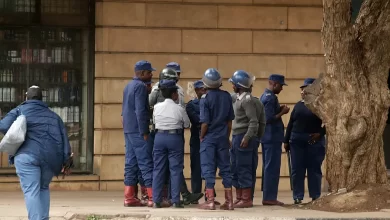Gov’t Should Not Entirely Fund Education – Stakeholders Advocate for Diversified Financing at National Education Forum
Stakeholders at the National Education Forum have called for a paradigm shift in Ghana’s education financing model, urging the government to collaborate with the private sector, communities, and international partners to share the burden of funding. The forum emphasized that over-reliance on state resources is unsustainable and risks stifling quality and access in the face of rising demand.
Participants, including educators, policymakers, and civil society leaders, argued that diversifying funding streams is critical to addressing systemic challenges such as overcrowded classrooms, inadequate infrastructure, and teacher shortages.
“While the government must remain a key player, it should not bear the entire responsibility for funding education,” said stakeholder. “Public-private partnerships, corporate sponsorships, and community-led initiatives must be scaled up to bridge the gaps.”
Another panelist highlighted Ghana’s growing youth population, stating, “With over 35% of Ghana’s population under 15, the current model is a ticking time bomb. We need innovative financing mechanisms, like education bonds or earmarked taxes for skills development, to future-proof the sector.”
Ghana’s education sector receives approximately 12.04% in 2023 and 13.18% in 2022 of the national budget, but stakeholders argue this is insufficient to meet targets such as the Sustainable Development Goal 4 (quality education) and the government’s own free senior high school (SHS) policy.
Critics note that delayed capitation grants, under-resourced schools, and reliance on parental contributions for “hidden fees” already undermine the notion of fully government-funded education.
– Public-Private Partnerships (PPPs): Leverage private sector investment in infrastructure, vocational training, and technology.
– Community Funding Models: Revive local contributions, such as the erstwhile “Community School Fees,” with safeguards to ensure equity for low-income families.
– International Collaboration: Strengthen partnerships with global institutions like the World Bank and UNESCO for grants and technical support.
-Alumni Networks: Mobilize graduates to fund scholarships, labs, and mentorship programs.
Stakeholders cautioned against reducing government responsibility, warning that privatization could deepen inequality. “The poorest families will be left behind if we commercialize education,” argued. “The state must guarantee a baseline of free, quality education for all.”
A communiqué outlining the proposals will be submitted to the Ministry of Education. Stakeholders plan to form a technical committee to engage the government and private sector on actionable frameworks.
Story by Freedom Lavoe.





